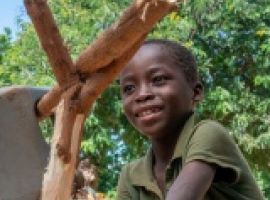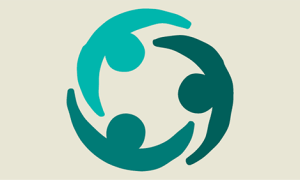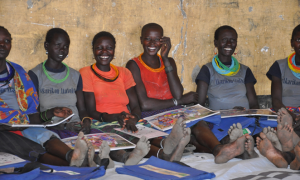
Read our 2022 annual report

Knowledge Hub
Delivering essential and life-saving care in Niger
This paper examines the acceptability and effectiveness of integrated community case management (iCCM) provided by volunteer, low literacy Mother Leaders (ML) and compares service quality provided to that of paid Community Health Agents (CHAs).
Qualitative evidence at the community level suggested there is significant support for the MLs and their iCCM work. Care provided by MLs was widely accepted in the communities and replaced all other sources of care for children in their villages. Early treatment (< 24 hours after onset) increased significantly from 59 percent to 82 percent. MLs were as able as CHAs to achieve the benchmark of correct classification and treatment prescribed for at least 80% of the children consulted. Few MLs or CHAs were consistent in applying all steps for iCCM; though ML showed lower levels of compliance in some areas than CHAs.
Despite requiring more support with mastering complete and consistent application of the iCCM algorithm, MLs demonstrated that they are capable of providing correct treatment and they are an acceptable option for first line treatment of sick children at the community level. These achievements and the improvements in care seeking practices in the community indicate that iCCM provided by MLs can make meaningful contributions to child survival.
This publication is made possible by the generous support of the American people through the United States Agency for International Development (USAID). The contents are the responsibility of Concern Worldwide and do not necessarily reflect the views of USAID or the United States Government.




